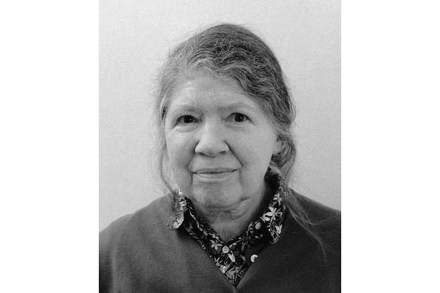Triumph and disaster in the War of Jenkins’ Ear
More from BooksIt all began in 1731 when Robert Jenkins, the captain of the Rebecca, had his ear sliced off by Juan de León Fandiño of the Spanish patrol boat La Isabela. Storming the British brig in the Caribbean, Fandiño accused Jenkins of smuggling sugar from Spanish colonies. He would cut King George’s ear off too, Fandiño






























